Island Hopping Issues
Island Hopping Issues - Dream vs. Reality
Since the early days of our adventure planning we had a vision of Island Hopping, a long wandering odyssey full of beautiful tropical scenery. As we dreamed it, the duration of each stop was somewhere between a standard yearly vacation and settling down for good. We wanted to move to an island, live there for a few months or maybe a year, and then move on. And we wanted to learn about each place on a deeper level, to be there long enough to get to know real people and to absorb the local culture. Every bit as important was our desire to know the issues and hardships of living there, all of this intending to help us in case we might want to retire there permanently. We found those issues in every place we've gone, but we also found issues with the island hopping itself. That said, issues or no issues, it's a fun road to be on.
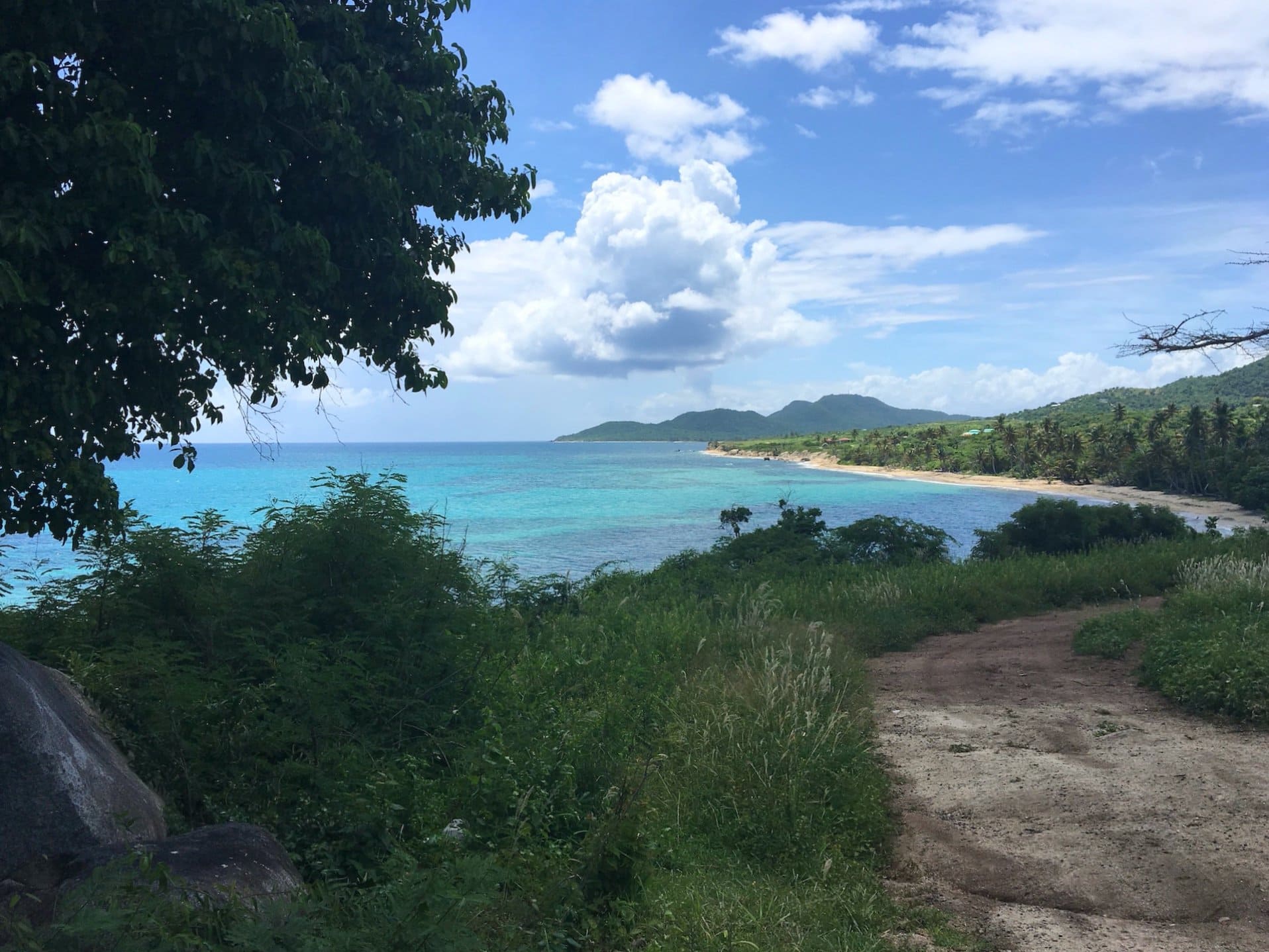
Consequences of Duration
We quickly discovered that the duration of the stay creates unique issues, and really drives some decisions on how to go about your new fun life. If you're on vacation for 2 weeks or less, it's all perfectly clear. You rent a fully furnished place and hope it comes supplied with lots of fun add-ons like kayaks, etc. Beyond that, you rent everything else you need, including a car. On the flip side, if you are moving somewhere permanently, that's also pretty obvious - you buy what you want to have for your future enjoyment of the island. This might include surfboards, fishing gear, a car, everything up to and including a house (although that's not required). It's the in-between durations, the ones that we decided on, where the decisions get less obvious. You have to weigh one option against the next, and all options against your planned duration of stay.
If you are staying around 6 weeks like we did in Roatán, you are mostly stuck in tourist mode. You won't be around long enough that it makes sense to really buy anything. But you're staying long enough that affording daily rentals like bikes, kayaks, etc. gets painful pretty quickly. The other choice is to do without, which is what we mostly did. If your stay is 2-3 months, like our time in Utila, it's a similar problem but you can at least entertain buying something and trying to resell it when you leave. Those are just a couple of examples, but we've learned a lot about our "ideal" island hopping method, so let's get into it.
Transportation
When we first arrived in Utila for a 2 1/2 month stay, we went looking for bikes to rent. We were actually watching the local Facebook pages before we ever got there, but never finding any used bikes to rent or buy. The island is only a few miles long so bikes made more sense than a car (there are almost no cars there anyway). We rented a couple of bikes for a day and immediately knew this wasn't a long-term option. They offered no rentals greater than a day, so only daily rates, which meant we'd be buying these rusty old broken down rattletraps over a few weeks and wouldn't even own them ($20/day x 2 bikes x 30 days = $1200/month). But buying new bikes and reselling them a few weeks later didn't seem very feasible either.
It was such a small island that options were limited, very limited. It's not so much that we made a decision, it's just that we did what we had to do to get around, that was to walk. We just walked all over that island. And walked and walked. And we found that we love to walk, and still do it today just for entertainment. You see a lot more of the world that way, what you'd otherwise miss in a car, or even on a bike.
Oh, I forgot, we also took the occasional tuk-tuk, like when we had luggage to/from the airport, or when it was raining. It's the Utila version of public transportation. Funny thing is that they were quite cheap, only $3 a person I think, but we just decided we had feet and may as well use them.
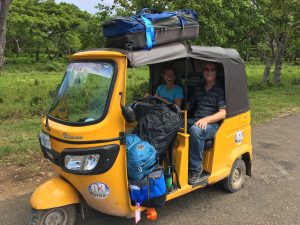
Our Roatan stay was shorter than that and even though the island was much bigger we mostly just walked it as well (once taking a private tour van to see the whole rock). We also took a taxi to and from the airport for travel, and once when we needed to go to the vet for a traveling health certificate for the dogs.Our cool Roatan pet-sitter friend Marti also took us to the airport one day when we needed to follow up on some paperwork. But other than those trips, we just walked where we wanted to go.
Once we arrived in Vieques where we planned to stay longer (we initially had a 6-month lease), things changed. We bought bikes right away and shopped for a cheap island car. It took some time because this was shortly after the hurricane which had destroyed a lot of the local cars. So we became the strange couple who rode bikes everywhere. One of the key drawbacks was nighttime - we could go to a happy hour and leave at sundown to get home by dark. But we really couldn't do anything else at night without calling a taxi. We didn't really feel safe on the roads at night on a bike, and that's probably true in most places. Now you might also wonder about Uber and Lyft - no, they are not available here, nor were they in Utila, Roatan, or Ambergris Caye for that matter.
We finally found an island car (Ridin' around in the breeze) and have been very happy with it. We've only had to replace the alternator on it so far, so that's pretty good. The plan all along has been to sell it when we left - it was really the only option for this planned length of time.
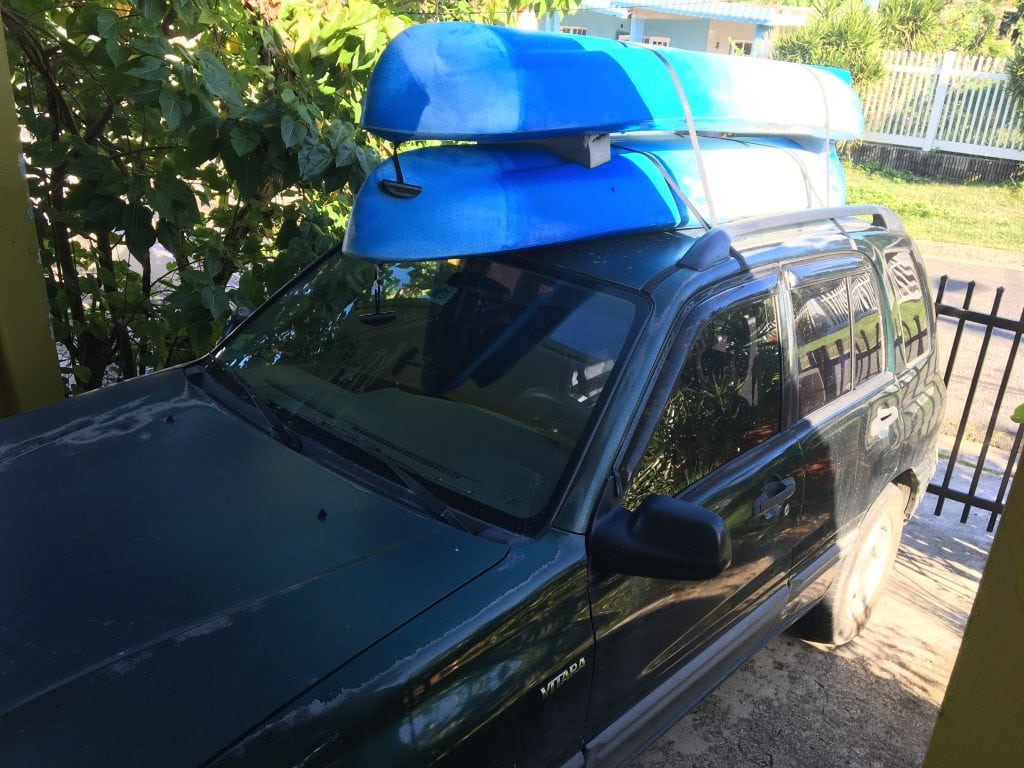
Housing & Household
As for housing we wanted a furnished place, which fortunately seems to be somewhat common in the islands. I think that's because the logistics of shipping big items are complex, so for many people it's a nice thing to have a place already furnished. An unfurnished place isn't out of the question, but it takes time and expense to get it all done, and then you'd have to sell that furniture when you leave.
Setting up the household is mostly just about spending money and time to get what you need and want. A furnished place usually comes with a full kitchen, but if you cook a lot like we do, you'll quickly find some limitations. We brought along (through the whole trip) a few special glasses, knives and other useful kitchen utensils, and then bought a couple of pots and pans in Vieques to round it out. Along the way we've bought other things we needed and replaced a couple of small appliances that we wore out (blender, coffee maker). This furnished house didn't come with a microwave or a dishwasher, so that's something to keep an eye out for. We quickly decided we could live without the microwave and even though we tire of doing dishes, we obviously can live without a dishwasher as well.
Logistics
The word Logistics has military origins, but in the larger sense it simply has to do with the movement of people and supplies to where they are needed. In the islands, simply getting everyday supplies can be a challenge. Islands depend on boats to deliver their cargo (ships for large islands, ferries for small ones). I still remember in Eleuthera, Bahamas when they told us "the boat comes on Tuesday". That's it, just Tuesday. Good luck if you forget what day of the week it is (which is more common than you might think).
The cargo consists of durable goods and consumables, including food, fuel, and other necessities. When the wind and waves are big (which it is as I write this) the smaller ferries don't run. They also don't run for other reasons as we discussed here.
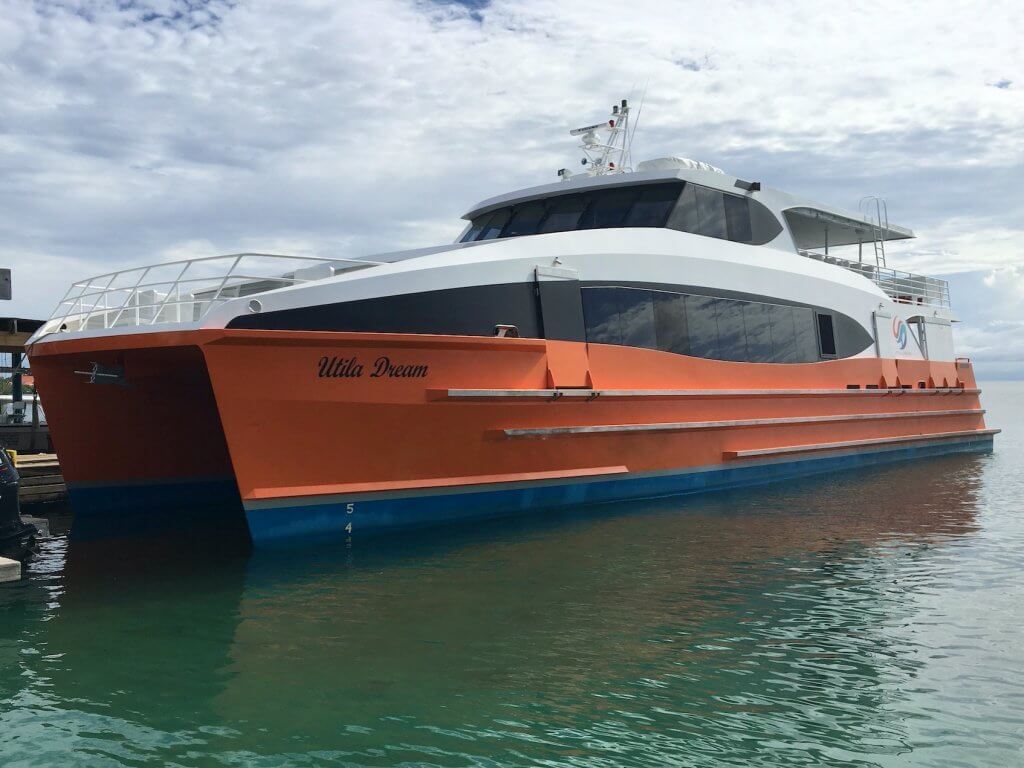
There's one other way that goods make it to islands and that is by airplane. Now these are small planes but they carry the mail (US Mail in Puerto Rico, yay!), UPS, and other shipping services. Most things you can find on the island, but we are fortunate in Puerto Rico that Amazon delivers here. I should say that Amazon delivers most things to PR but definitely not all - there are strange exceptions that are sometimes difficult to guess. But most Caribbean islands don't have the luxury of Amazon delivery at all, so we consider ourselves lucky. In Vieques, between online purchases and local businesses we can get everything we need and almost everything we want. It is something to consider when choosing an island on which to hop.
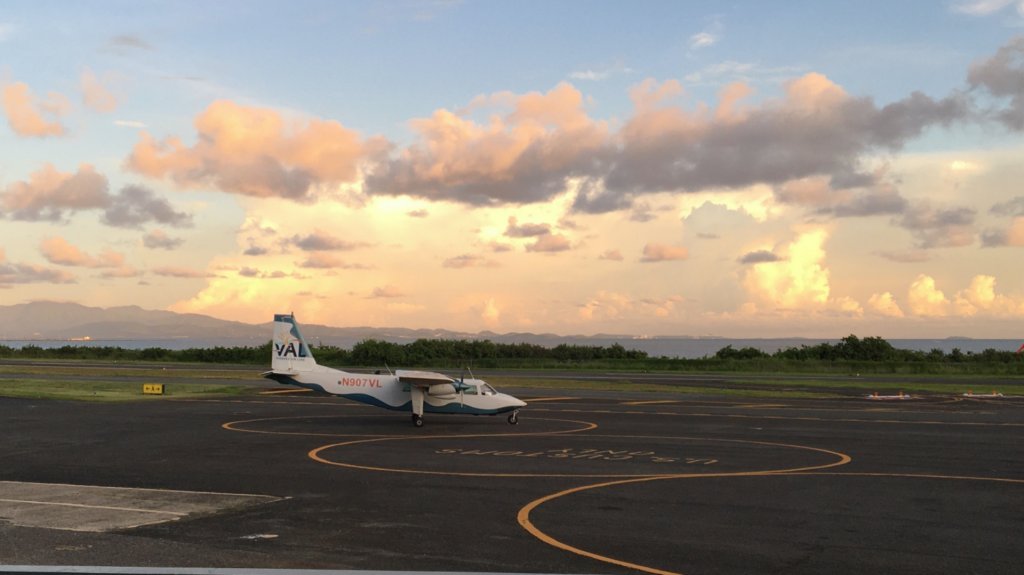
Now as for moving people, that's another issue. If you are on a small island there is usually a main hub island that you have to pass through before you can go to another island. There are few small-island-to-small-island flights, and those that exist come and go out of service often. For much of the eastern Caribbean, the big hub is San Juan, which is easily accessed from many places, but certainly adds significant cost and time to any island hopping adventure. Sometimes, you have to go north to Florida to get somewhere farther south!
Finally we should mention the logistics around pets. If you're a regular reader of this blog you know we have The Littles, two small white Maltese dogs who travel with us in the cabin. Within the U.S. and its territories, we need the standard health certificate to fly them around but for foreign countries, they need USDA paperwork. Yes, they are treated the same as cattle, but it does work. It adds some stress though! All these are things to consider when shopping for an island to hop to.
Sporting Goods
Once you've settled somewhere for a few weeks, you are going to want some toys, some recreational equipment. In our case, those toys are bicycles, kayaks, paddleboards, snorkel gear, and fishing gear. The latter two mostly fit in suitcases, but the big items are a "buy and sell" kind of thing. The same would go for any car, motorcycle, or scooter you might buy. The day you buy them you know you have to sell them before you can leave. They absolutely meet the definition of STUFF, of impedimenta, and are psychological anchors in the sand. But we made that choice when we got to Vieques and bought some good STUFF, with no buyers' remorse. Although I should mention that when our inflatable paddleboard exploded (total destruction), Deb was so happy to have one less thing, that she couldn't wait to get it into the trash can!
Hopping, Fast and Slow
Is all this to say we'll do things differently in the future? I'm not sure we'd do anything radically different, but we'd be fools to not learn at least a little from our experiences. I would say we'll probably adjust our approach as we go. We'll go into future adventures with a little more savvy, and life will be a little easier because of it. I will also say we're awfully happy right now, so I don't think we've made any terrible mistakes either!
Whether your style of island hopping is fast (cruise ship), medium (like us), or slow (moving your whole life as you go), I urge you to be thankful for where you are. You are on an island! And please don't turn into a turbo-tourist, focused on maxing out every second before speeding back home to the job. I've literally seen people running from one attraction to another, to squeeze in one last thing to check off on the vacation list. Last year there was a rental jeep closely following us down a narrow dirt road to the beach. As soon as we got to a wider section, with the beach in site, the driver zoomed around us to get to the parking area literally 15 seconds ahead of us. I was disappointed and embarrassed for him to be setting that example in front of his kids.
When we left corporate America for this adventure, we knew we had a lot to learn. One of those things is this: it's not about your latitude, it's about your attitude. It's always been true, but I can attest to the fact that it's not always easy to learn. But whether you're in Ecuador or Alaska, Australia or Puerto Rico, please make it a priority to seek happiness. You get one lifetime on this earth (with unknown duration!) and it's up to you decide if it's going to be happy or sad. Happiness is a choice.
I hope this gives someone out there a bit more information to help them on their retirement journey. And I hope it's a journey. As Deb always says, we're not trees, we can move! And it doesn't have to be about islands, but that's not a bad place to start. Whatever you do, have some fun today!
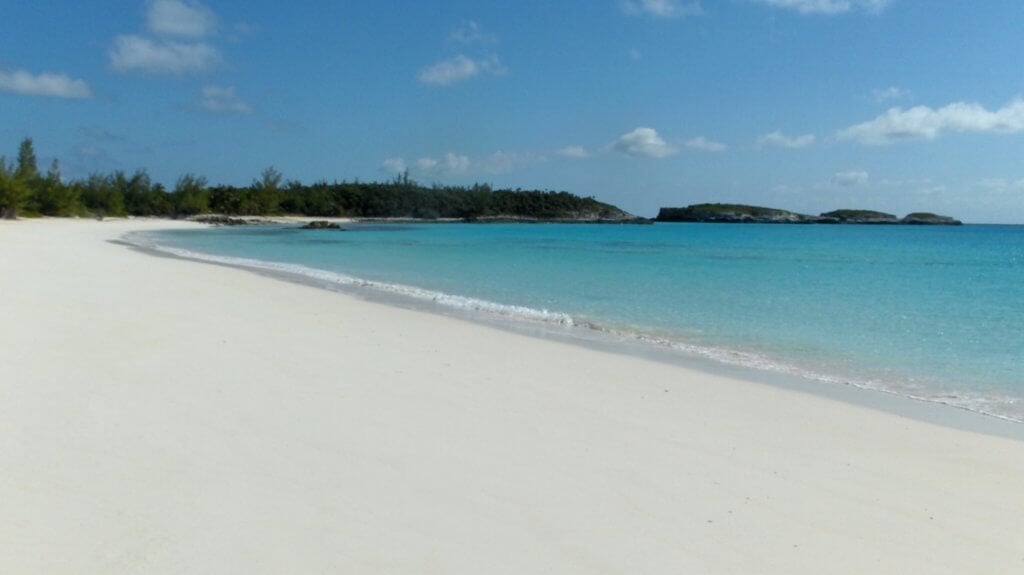
TODAY'S SPECIAL: "Ends of the Earth" by Kenny Chesney. What good is livin' a life you've been given, if all you do is stand in one place?

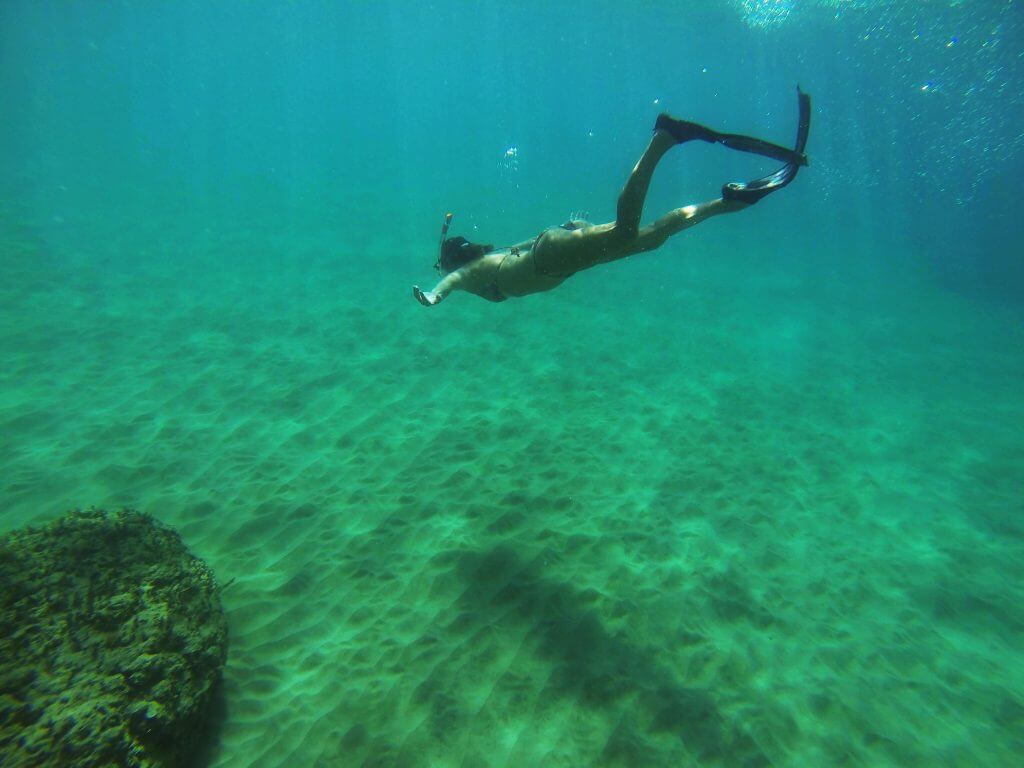
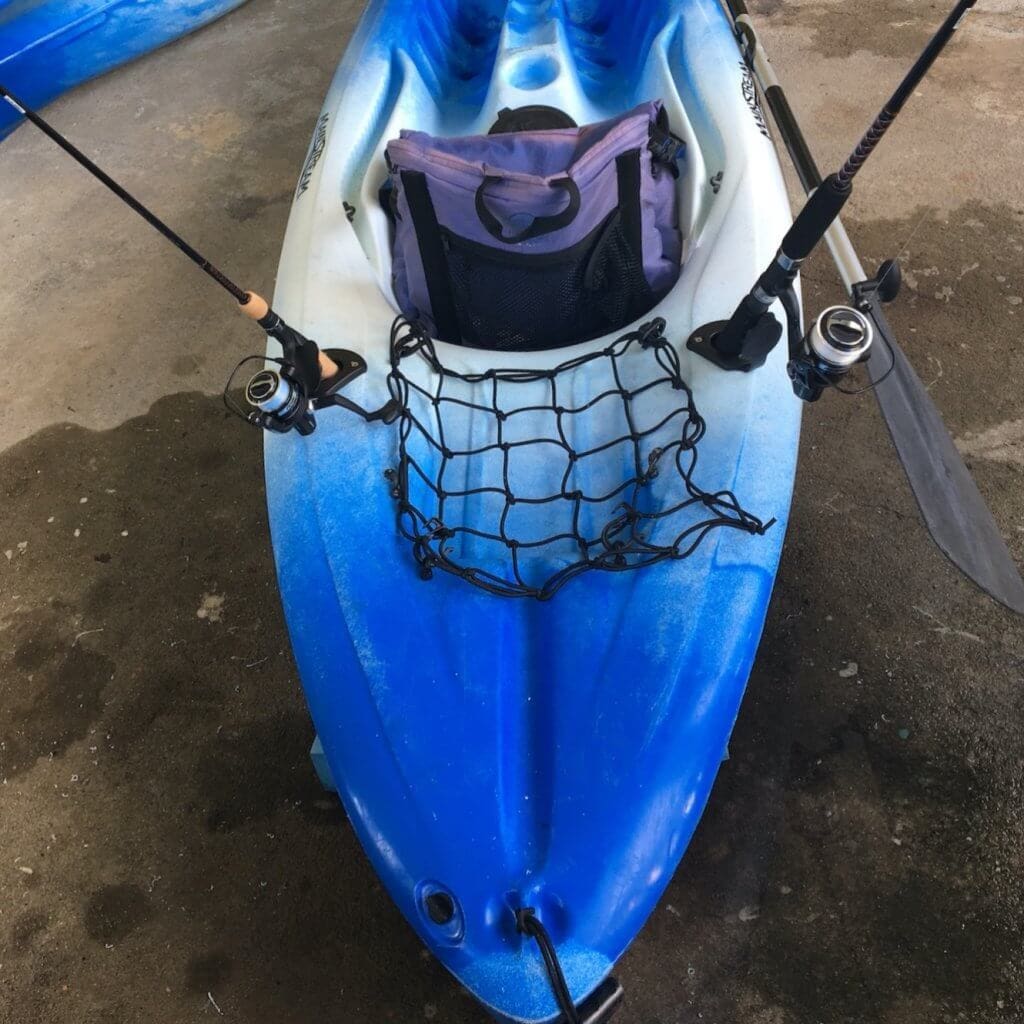
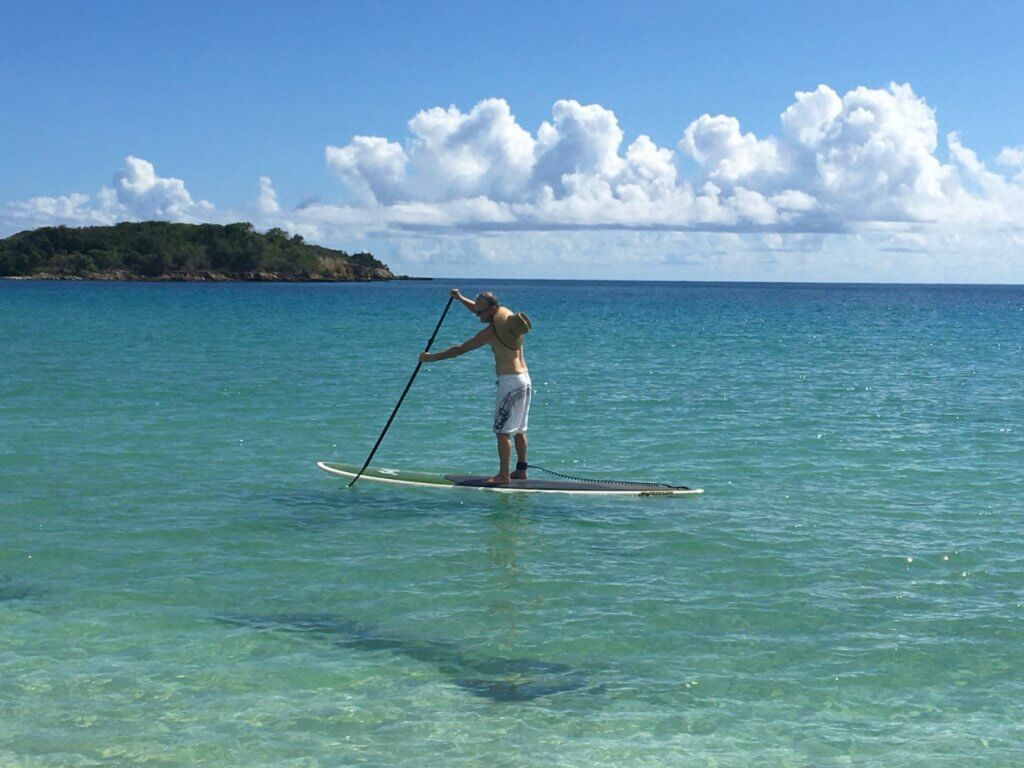
Interesting analysis related to behavioral changes relative to length in each destination. I live the 6 month length! ???? Enjoyed Kenny.
Thanks for reading us Lou!
Glad to see a new post from you two and to know the earthquakes haven’t affected you. Thinking of those in PR who are suffering. Cheers to you both!
Thanks Susan! PR folks have had a tough time the last couple of years.
Good blog. Has there been any damage on Vieques from the earthquakes?
Thanks Jill, no damage in Vieques at all. Minor tremors here at most. The earthquakes are 70 miles away and those communities are being devastated, it’s so sad. But Vieques is fine.
So good to hear!
So when is your next hop?
Next hop is not real soon, but eventually. The gravity is high on this island! 🙂
Hi guys missing you on your island hopping to the southwest. It was great reading, thank you! Hope to see you soon Normando.
Hi Ricardo, we miss the southwest also! We will hop over soon. 🙂 -Normando